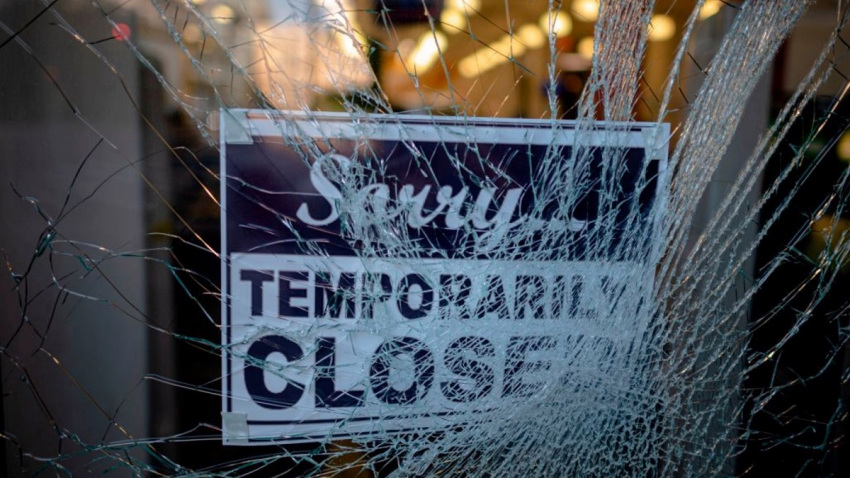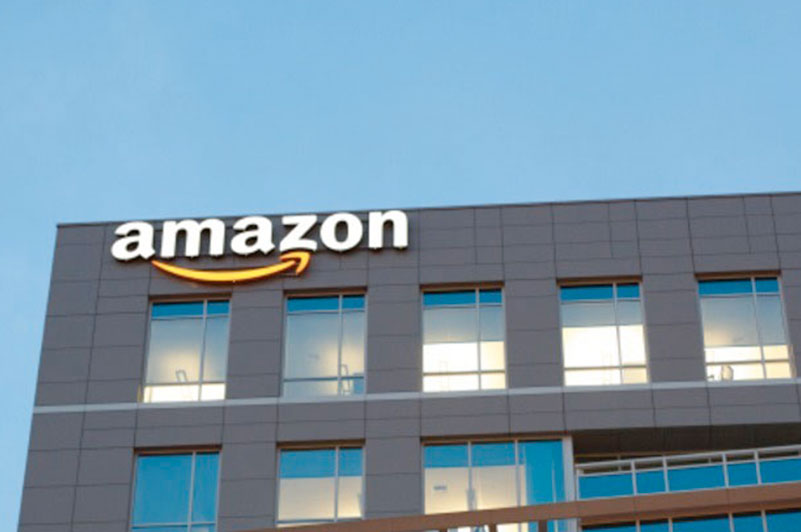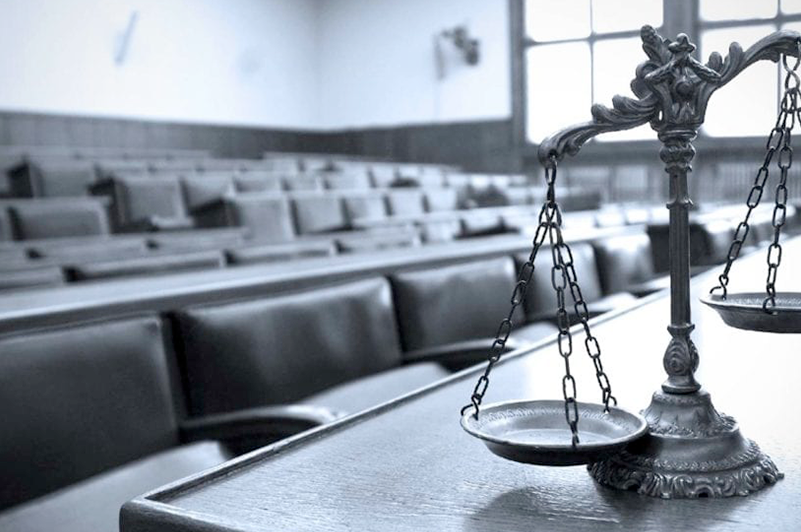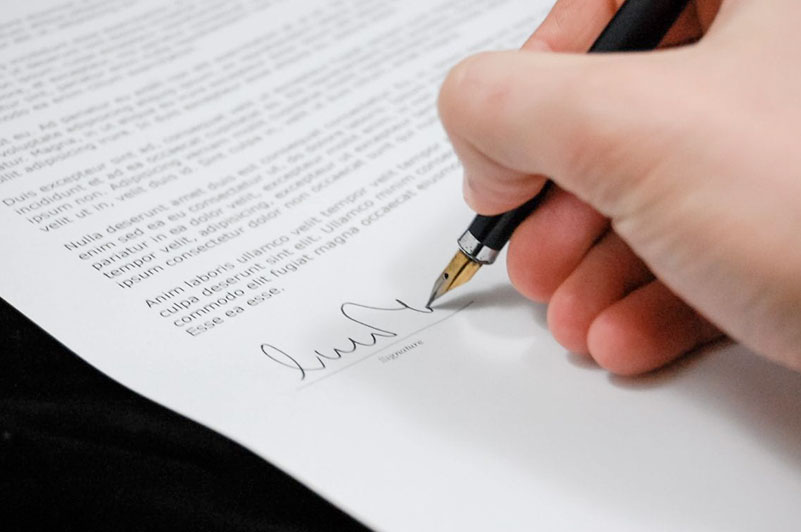
Pharmacy Obligations re stolen drugs
The riots in NYC in early June affected many pharmacies. Pharmacy owners felt shocked at the very sight of their looted pharmacies.

Kimberly McHugh was an unauthorized seller of Patagonia goods on Amazon. She sold Patagonia products for more than their retail price. Patagonia filed a complaint against McHugh for unauthorized use of its “Fitz Roy” logo and interfering in the business dealings of authorized online sellers. McHugh’s Amazon Store, Our Little Corner, sold Patagonia Men’s Nano jackets for $272.00, when they regularly retain for $199.00. This became problematic for Patagonia, since its merchandise was getting a different reputation, and McHugh was selling in such large quantities that it intervened with authorized dealers’ business and put consumers’ brand perception at risk.
It is legal for resellers to sell goods even if they are not authorized dealers; however, such sales are not protected from the law when they provide a “materially different” product. Patagonia claims that the material difference in this case arises from the price Our Little Corner puts on its products, as well as the different warranty terms consumers receive when they purchase products directly from Patagonia and its authroized dealers.
One trick Amazon resellers use is coming up with fake ASINs (Amazon Standard Identification Number) for items they sell that belong to brands they are not affiliated with. These products don’t show up in regular ASIN checks that companies do for their inventory because the ASINs unauthorized sellers use are fake. There are, however, ways to protect one’s brand, to a certain extent, from unauthorized sellers on Amazon.
Amazon has become such a huge platform for selling that it is impossible to prevent unauthorized sellers from selling certain brands’ products for their own financial gain. However, Amazon’s Brand Registry feature allows trademarked brands to claim their brands on the website, which allows them to receive greater influence and control over listings on the site. When a brand is on Brand Registry, its products show up at the top of searches on Amazon. Additionally, Amazon has an automated system that uses information about brands to weed out the suspected unauthorized sellers which seem to be infringing on brands’ trademarks.
While it may not be possible to completely prevent unauthorized sellers from selling brand name products, there are ways to distinguish one’s brand from the fake sellers. Maintaining a public image for the brand, so that consumers are aware of its public standing is imperative for being distinguished. Additionally, printing the brand name or logo on shipping packaging can differentiate the authorized dealers from the unauthorized ones. If brands are adamant about not having their products sold on Amazon, they can put in their official agreements with authorized sellers that they do not consent to their products being sold on Amazon.
Selling one’s own products on Amazon, in addition to being a member of Amazon’s Brand Registry, allows trademark owners to control their inventory and make sure their real, authorized products are prioritized during searches. It also helps weed out the unauthorized sellers, and overall helps protect brand trademarks.

The riots in NYC in early June affected many pharmacies. Pharmacy owners felt shocked at the very sight of their looted pharmacies.

Commercial litigation can be quickly resolved in a settlement or end up going to trial which may take as long as 3 years!

SAPG Legal Attorney Steve Polyakov discusses how long a Pharmacy can close before causing any issues with the New York State Board of Pharmacy.

When selling your business focus on whether your selling your company as a whole or assets of the company, decide whether there will be financing